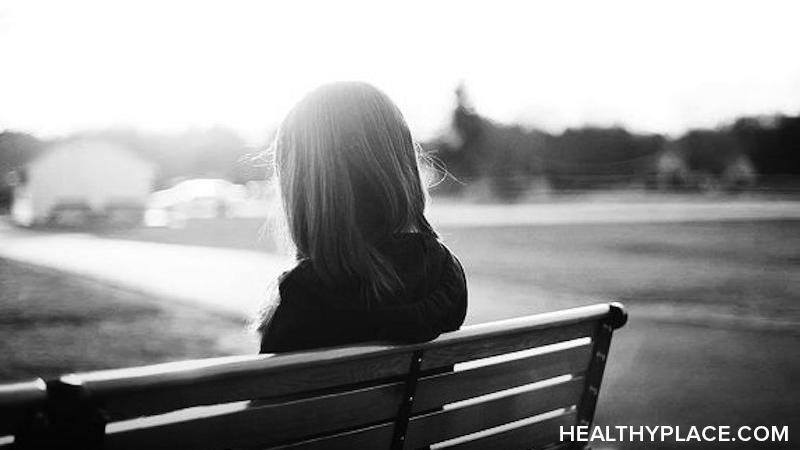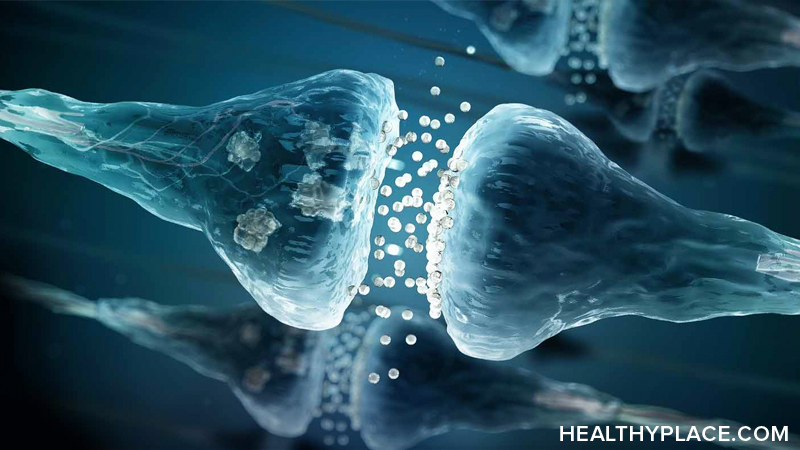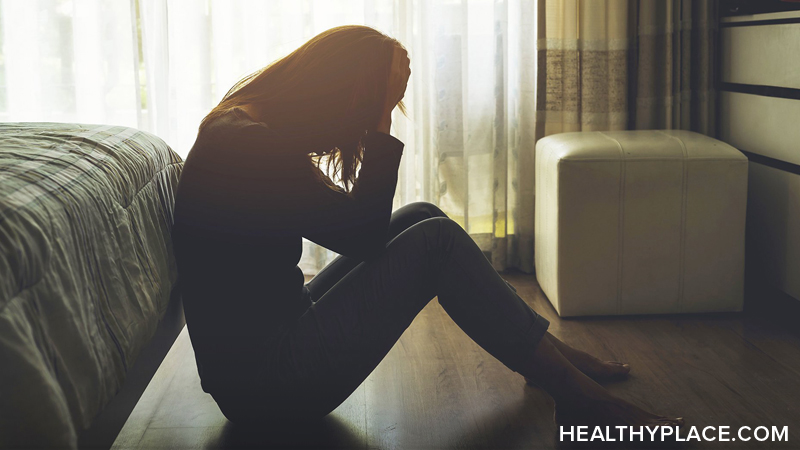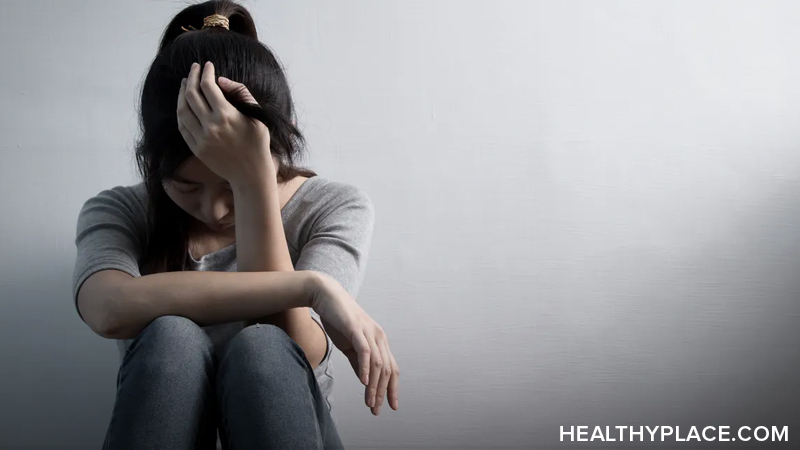How to Manage Having Depression for No Reason
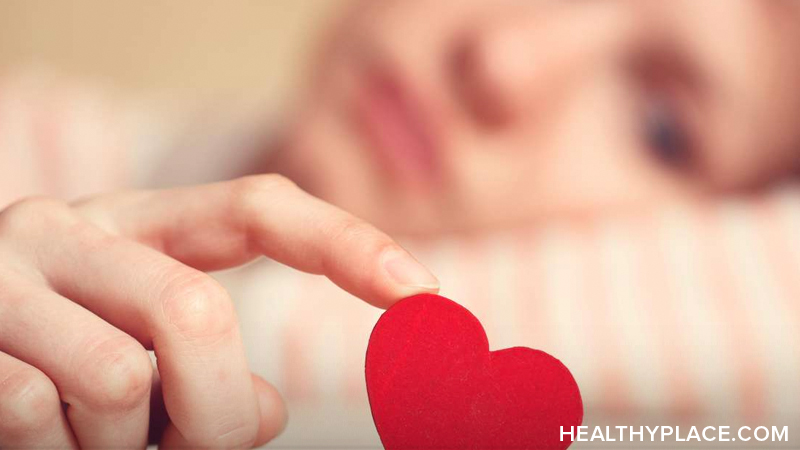
It is very disheartening and discouraging when you’re struggling and believe that you’re having depression for no reason. When you look around you and see a good life with friends and family, a comfortable home, and needs that are met but you are experiencing depression, you might bombard yourself with negative thoughts about how you “should” be feeling. Negative thoughts that come from believing your depression has no reason can be crushing and worsen depression. Developing a different perspective and doing specific things can help you manage your feelings and lessen depression.
There’s No Reason for My Depression
Feeling that there’s no reason for you to be depressed can create thoughts such as:
- “I should be happy.”
- “I have so much to be grateful for. I’m a terrible person for being depressed.”
- “Others have it worse than I do, and they’re fine. What’s wrong with me?”
- “I can’t talk to anyone about this because I’m so ashamed.”
Negative thoughts like these come automatically with depression. You’re not thinking them on purpose, and they’re not accurate. They’re a product of depression and one of the most difficult aspects of depression to deal with because they’re so persistent and loud. Nonetheless, you can manage having depression for no reason. Doing so has quite a bit to do with your perspective. A good starting point is treating depression as if the reason doesn’t matter.
Depression for No Reason? Approach Depression as If the Reason Doesn’t Matter
You can do this because many times, the reason really doesn’t matter. There are exceptions, of course, but that has more to do with cause than reason (there’s a big difference between a cause and a reason). Causes of depression include, but aren’t limited to, things like genetics, biology, and trauma. (Another cause is medical. Some medical conditions cause depression or depression-like symptoms, so it’s a good idea to see a doctor to make sure there isn’t an underlying illness that you might not be aware of.)
A cause can be directly addressed. A reason, on the other hand, is much more subjective and relates to someone’s own thoughts, like the ones above. When you berate yourself for having no reason for your depression, you keep yourself stuck in depression and feeling terrible. Instead of focusing on “reason,” you can unstick yourself by changing what you pay attention to and choosing purposeful actions to release yourself from depression.
ACT to Manage Your Depression for No Reason
When you feel guilty for having depression, it’s hard to manage it. Therapy is very helpful, but when someone doesn’t believe they should be depressed, they often resist seeking professional help. A common thought is that they don’t deserve help and certainly don’t want to take up an appointment slot that someone else truly needs. It’s hard to shake deeply ingrained beliefs like this.
An effective, research-based way to do so is with acceptance and commitment therapy (ACT). The six basic principles of ACT can help you believe in yourself and manage your depression. You can apply the principles right away, on your own, and you can work with a therapist to deepen their effects.
- Accept. Acknowledge your feelings and just allow them to be there for now without berating yourself for having “no reason” for them. Accept that you don’t need a reason to have depression.
- Defuse. Loosen the grip depression has on you by ungluing yourself from it. Remind yourself that you are not your depression and that it’s okay to have a good life and still have depression.
- Mindfulness. Keep your senses and your thoughts centered on what is happening in your present moment. When you catch yourself ruminating about how terrible you are for feeling this bad, gently redirect your attention to something in the present.
- Self-knowledge. Observe yourself and reflect on your thoughts. Get to know your strengths and other positive qualities. Understand what triggers depression so you can change things.
- Values. What is important to you? What’s going on in your life that aligns with your values? Let yourself embrace that even while you still are depressed.
- Committed action. Building on the other steps, you can begin to take action that is in alignment with your values. Action overpowers negative thoughts.
These steps allow you to move forward right now, even when you still have depression for no reason. You free yourself and become unstuck, and eventually, you will find that you have overcome depression for a very good reason: your actions and strengths.
APA Reference
Peterson, T.
(2021, December 30). How to Manage Having Depression for No Reason, HealthyPlace. Retrieved
on 2025, October 27 from https://www.healthyplace.com/depression/causes/how-to-manage-having-depression-for-no-reason










